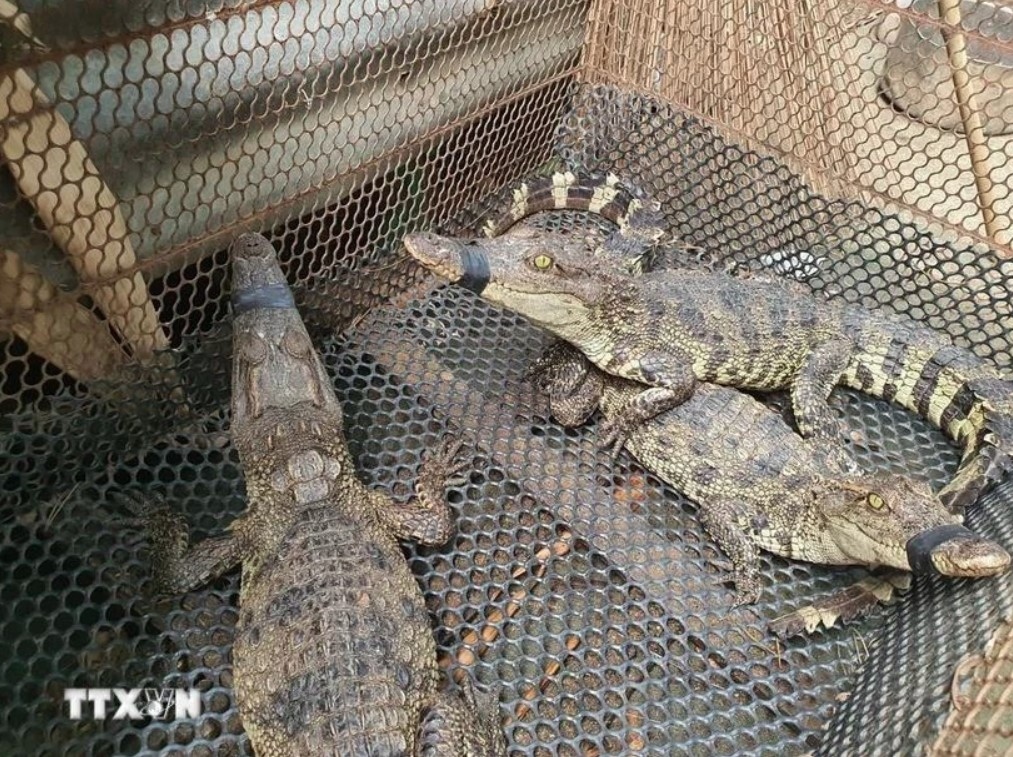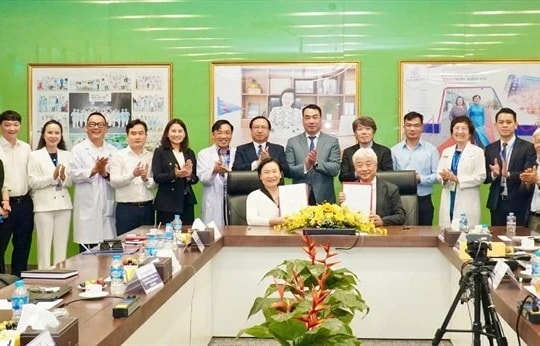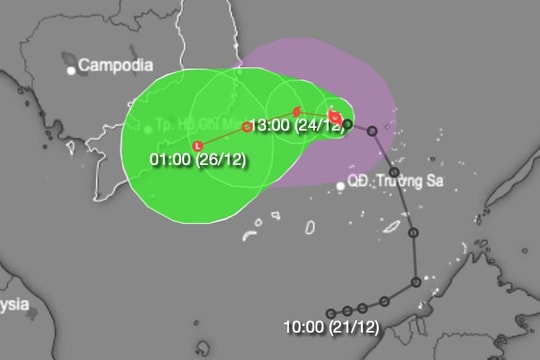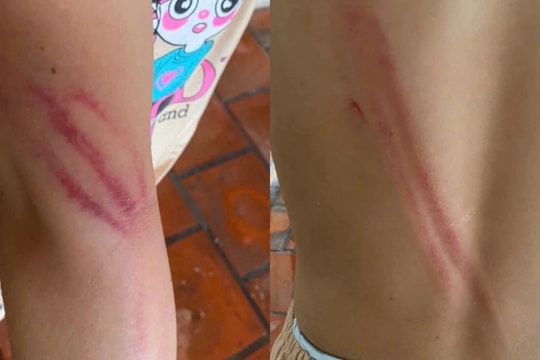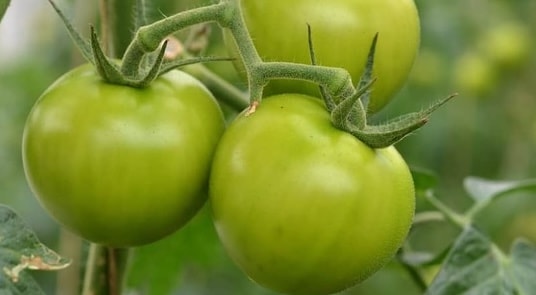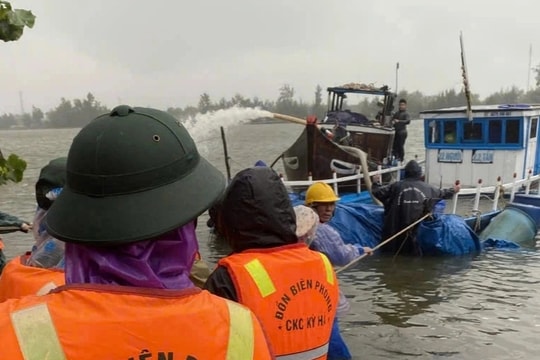In August, the Ministry of Agriculture and Rural Development (MARD) and the General Administration of Customs of China (GACC) signed a protocol on the official export of crocodile products to China.
Tien described this as not only an economic opportunity but also an impetus for crocodile farming in Vietnam to develop sustainably and meet environmental and animal welfare standards.
The farming has developed in the country, especially in the Mekong Delta, for several decades, generating high-value products such as meat and leather.
Recent difficulties facing crocodile exports have forced many localities and farms to scale down production, that is why the protocol is expected to bolster sales, he said.
To ensure smooth export, licensed establishments and businesses must form farming zones that meet the requirements specified in the document, Tien added.
Aside from sanitary quarantine rules, crocodile is also subject to control by the Convention on International Trade in Endangered Species of Wild Fauna and Flora (CITES) management authority.
But once the country manages to export, the production scale will expand very quickly, he noted.
In the time ahead, MARD units will step up communications, training, and guidance so that exporters grasp the protocol’s content while localities, businesses, and farmers are well-prepared for export. They will also enhance coordination with Chinese authorities to ensure the good implementation of this protocol and help Vietnamese businesses and farmers optimise chances, according to the official.



